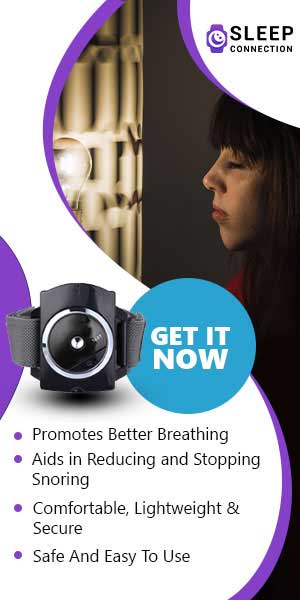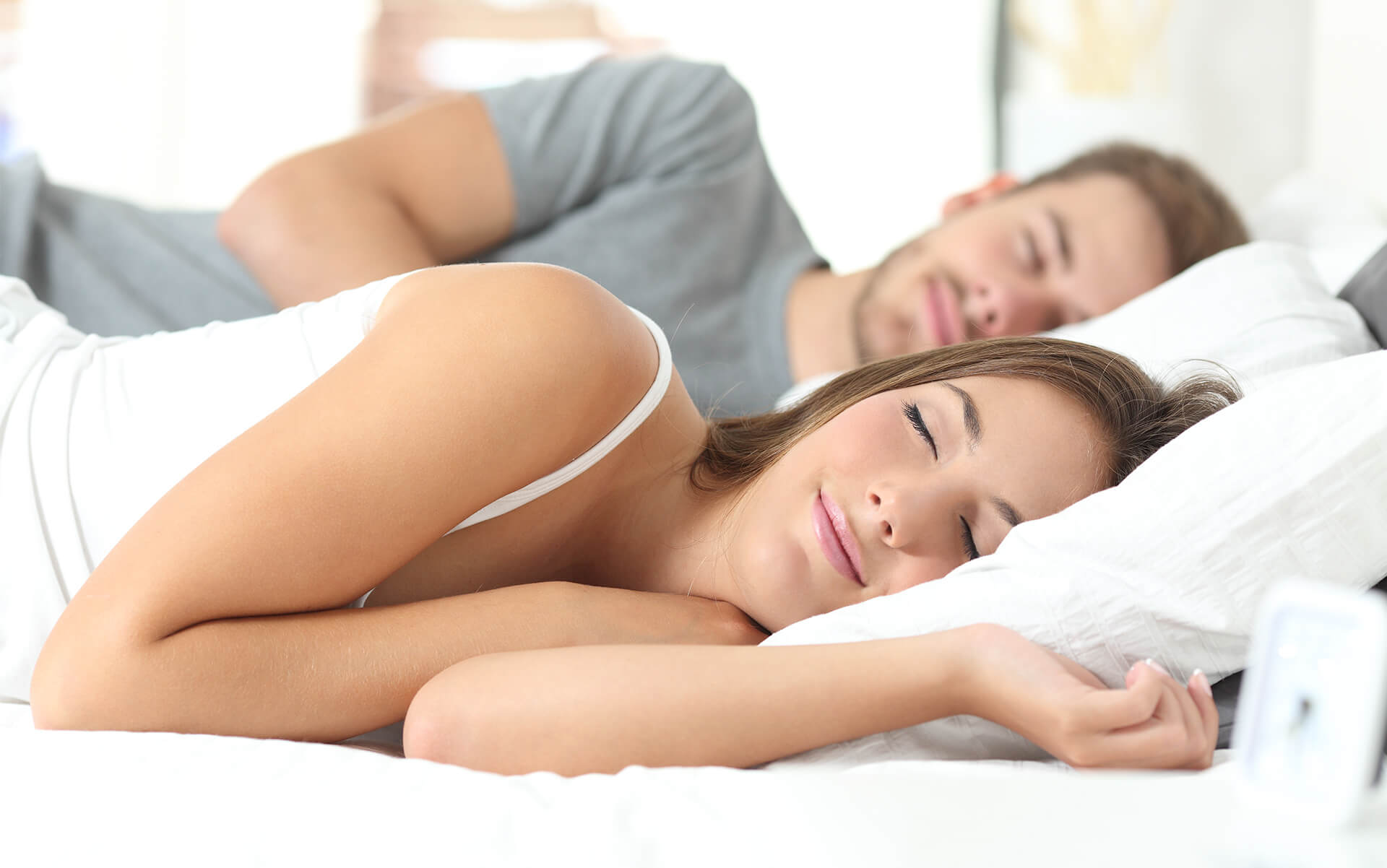
Why You Should Probably Be Sleeping More
By Dr. Peter Dingle Posted 2/01/2020 in LIFESTYLES
Peter Dingle suggests it’s time we took a critical look at our ‘wide awake’ lives – and instead, got a good night’s sleep.
In today’s busy and hectic society many see sleep as a luxury rather than what it is – a necessity. More and more people are working overtime, both before and after hours, and trying to juggle a busy family life around their work.
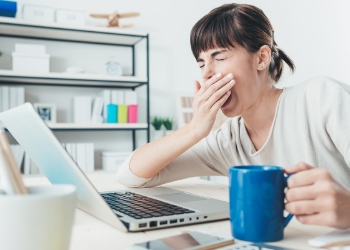
Along with this, it is not unusual for both parents to be working full time. The advent of our 24/7 society has pushed regular sleep to the side. As a result, many men and women (and even children) wrongly consider sleeping a waste of time. People believe that they could be spending time doing things that are “more productive” than getting enough sleep. But there is nothing more productive than a good night’s sleep.
Some people argue that they are “night people” who function best after midnight.

However, I believe this is highly unlikely. Rather, they have lost all touch with their natural cycles. Evolution tells us that if there were night people, they would probably have been eaten by a wild beast or fallen down a deep ravine somewhere. Our night vision is pathetic; it is only since the electric light that some people have begun to consider themselves as night people. Kids start out as morning people but tend to adopt late-night habits as they age and follow the patterns of the parents. One friend recently told me that the late nights at university changed him into a night person, but his young children have now changed him back.
Our ancestors of some 50,000 years ago slept between eight and 10 hours each night and rose just before sunlight.The hunter-gatherer’s sleeping and waking cycle was based on nothing but internal and psychological cues linked with the natural sunlight. Even in recent history, we slept more than we do now. In 1910, the average sleep time was nine hours compared to seven hours or fewer in 2005 – thanks to Thomas Edison, work and the television.


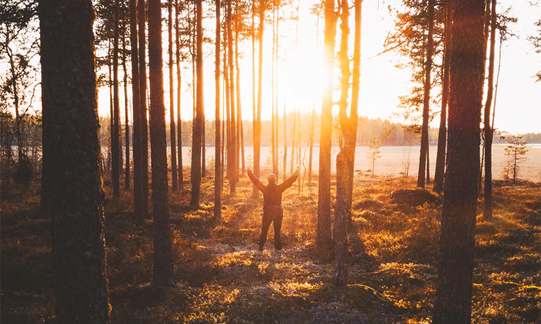
Every night, just before we fall asleep, we experience hypnagogic imagery — a state described as dreaming, drowsy, floating, wandering a few minutes in a state of relaxed wakefulness characterized by drifting thoughts and alpha brainwaves
Awareness of this state has been reported as essential to creativity and genius. Albert Einstein, Mark Twain, Edgar Allen Poe and Robert Louis Stephenson all incorporated spontaneous imagery in their creative endeavors. August Kekule discovered the benzenering in chemistry from a hypnagogic image (during a dream-like state) of a snake biting its own tail. This discovery led to chemistry to build many elements of the modern world from plastics to pharmaceuticals.
The times at which a person falls asleep and wakes up is largely determined by his circadian rhythm, a day-night cycle of about 24 hours. The normal rhythm is reset daily by the influence of bright light in the morning. Shift workers who work at night and sleep in the daytime and people who are blind may have difficulty maintaining a normal sleep-wake cycle because they are not able to see natural environmental cues.
Among the theories about why humans sleep, scientists have proposed that sleep may be a way of recharging the brain.
It gives the brain an opportunity to reorganize data to help find solutions to problems, process newly learned information and organize and archive memories. The cardiovascular system also gets a break during sleep. People with normal or high blood pressure experience a 20 to 30 percent reduction in blood pressure and up to 20 percent reduction in heart rate. During sleep, the body has a chance to replace chemicals and repair muscles, other tissues and aging or dead cells; and in children and young adults, growth hormones are released during deep sleep.
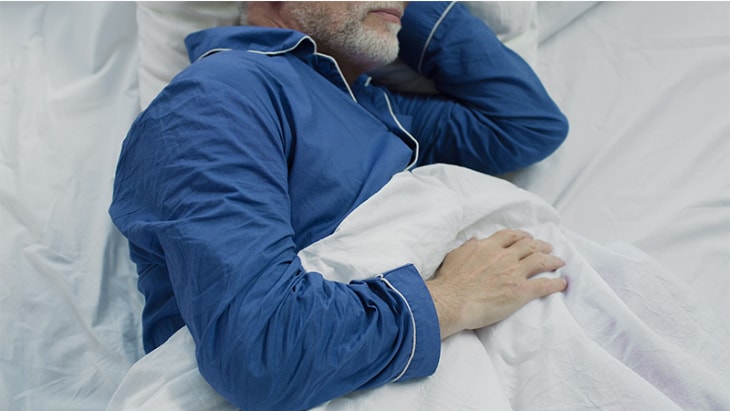
All of the theories above underscore that sleep is essential as well as bestowing other benefits including:
- Feeling rested
- Being physically and mentally alert
- Having more energy
- Making fewer mistakes (including causing accidents)
- Feeling psychologically and emotionally recovered.
Sleep allows us to experience:
- Improved cognitive function
- Improved memory
- Higher stress tolerance and resilience
- Increased productivity
- Normal body balance
- Healthier weight
- Reduced risk of CVD, diabetes and cancer
- Living longer and
- Feeling healthier
Getting enough sleep is associated with energy, joy, optimistic thinking and coping with negative emotions.

Despite this, almost 90 percent of Australians suffer from some type sleep disorder at some stage of their lives. Of these, 30 percent suffer from severe sleep disorders. Very few people regularly enjoy the amount or quality of sleep that they need. The estimated economic costs to the country from this are between $3 billion and $7 billion annually, not to mention the huge, unmeasured physical, psychological, emotional and social costs. Similarly, research on sleep deprivation suggests that the result of missing an entire night of sleep is equal to an IQ drop of 10 points. This IQ drop was even more significant in men who took part in the tests than in women.
In an analysis of data on more than one million people, the levels of nearly all forms of death were two-and-a-half times higher for people who slept four hours or fewer compared to those who slept between seven and eight hours on average.

A study of 71,617 female health professionals found that sleeping fewer than five hours per night was associated with a 39 percent increase in the risk of coronary heart disease; even six hours per night showed an increase of 18 percent compared to sleeping eight hours per night.
Several recent studies report that reducing sleep to 6.5 or fewer hours for successive nights causes potentially harmful metabolic, hormonal and immune changes. All of the changes are similar to those detected in the normal ageing process, and so sleep deprivation could be the biggest indicator of how long you live. There is a strong link between sleep deprivation and low immune system function. A reduction of sleep makes people more prone to infection and potentially more prone to cancer; one study found that poor sleep was associated with a 60 percent increase in breast cancer.
Experimentally, sleep deprivation has been shown to negatively affect glucose metabolism and to enhance factors associated with Type 2 diabetes and people who experience sleep disorders were as much as three times as likely to develop type 2 diabetes.
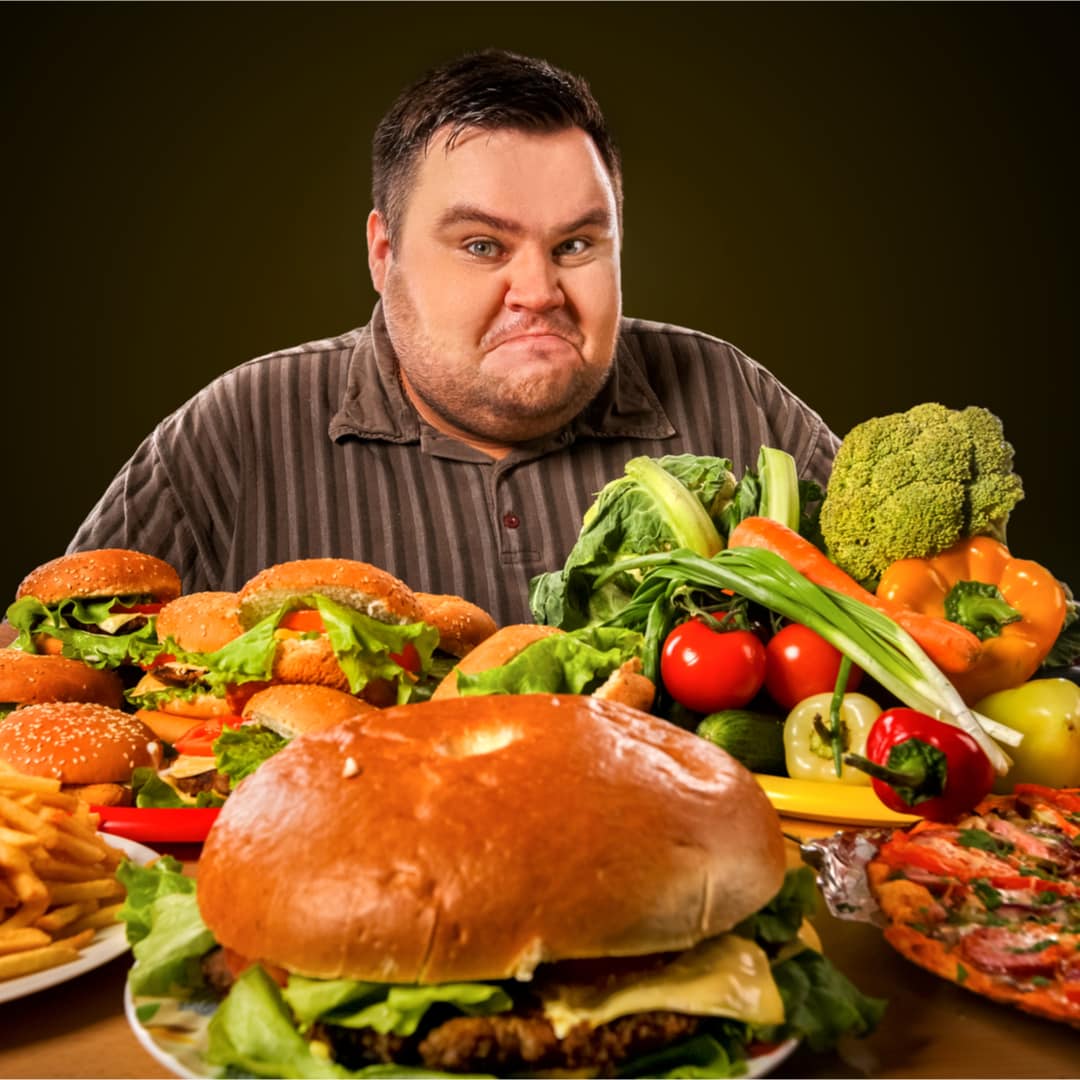
Lack of sleep also has detrimental effects specific to children. Sleepy children tend to speed up rather than slow down. As a result, some people believe that a child has Attention Deficit Hyperactivity Disorder(ADHD) rather than the simpler explanation of the child simply not getting enough sleep. A recent study found sleep disorders were strongly associated with ADHD and that the sleep disorders had appeared well before the ADHD symptoms.
Sleep deficits bring about physiologic changes in the hormonal signals that promote hunger and, perhaps thereby, obesity. One study found that after two days of sleep curtailment, the subjects had reduced levels of the fat-derived hormone leptin and increased levels of the stomach-derived hormone ghrelin. These hormones are responsible for regulating hunger and appetite. These hormonal differences are likely to increase appetite, which could help explain the relative high Body Mass index (BMI) in short sleepers.
Subjects in one study demonstrated impaired glucose tolerance for 10 days after four hours of sleep deprivation. It is also suggested that sleep deprivation may play a role in obesity levels.
Symptoms of sleep disorders in children include:
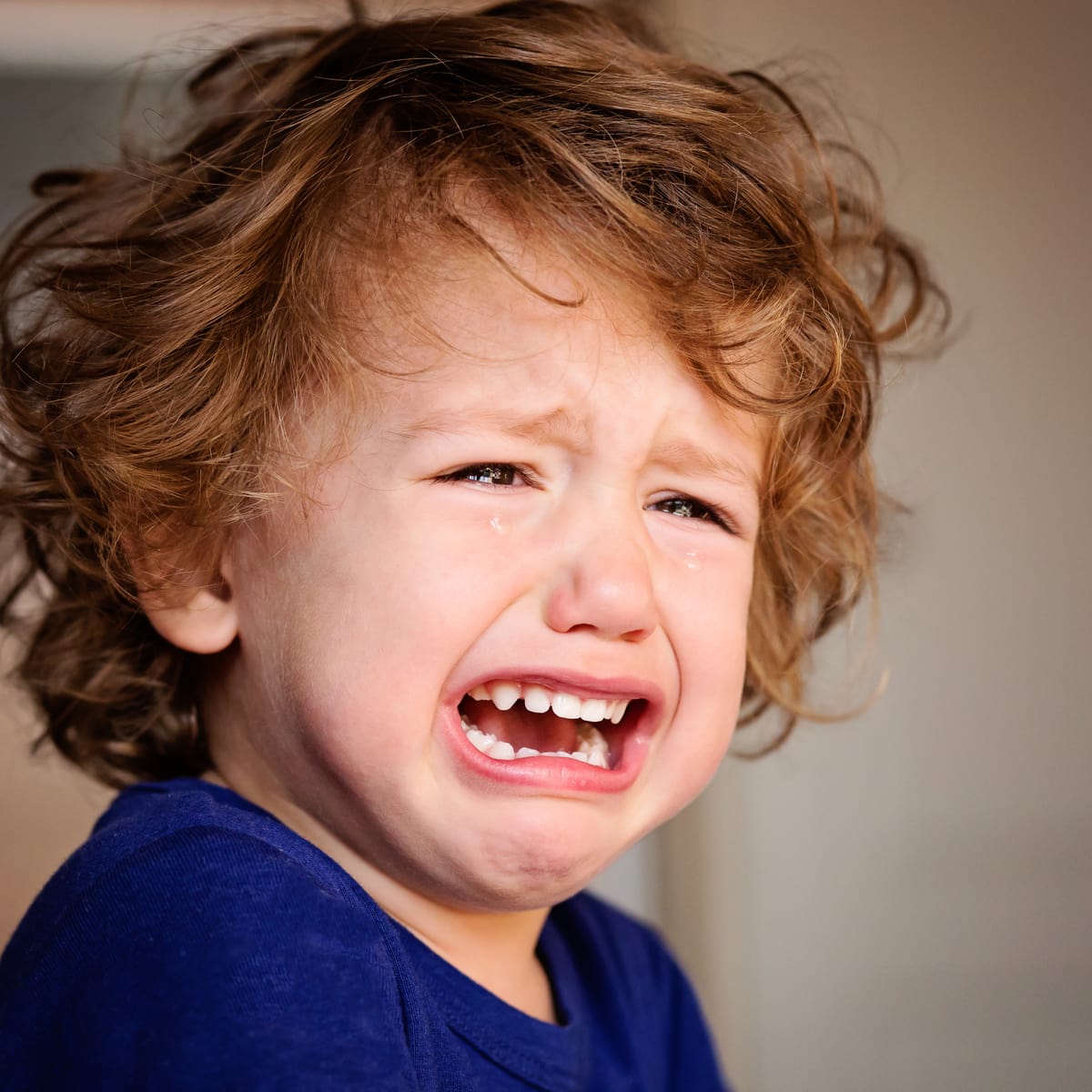
- Moodiness and irritability
- Temper tantrums
- The tendency to emotionally “explode”at the slightest provocation
- Over-activity and hyperactive behaviour
- Daytime naps Grogginess upon waking in the morning
- Reluctance to get out of bed in the morning
- Reduced school performance
- Increased risk of emotional problems such as depression
- Increased naughtiness
- Poor concentration
- Increased problems with impulse control and subsequent increase in risk-taking behaviours.
Other research has linked academic and behavioural problems in adolescents to irregular sleep patterns. Early school start times for adolescents are frequently associated with significant sleep deprivation, which can lead to academic, behavioural and psychological problems. High school students who regularly score C, D or F on school tests and assignments get, on average, half an hour less sleep per night than high school students who regularly get A and B grades.
So perhaps it’s time to turn off the telly, the computer, the iPod and the myriad other electronic distractions that keep us up and about long after we should be in bed. And, instead of pushing our kids to that extra hour of late-night study, extol the virtues of a bright and alert start to the day after a good night’s sleep.
Peter Dingle is Associate Professor in Health and the Environmentat Murdoch University, Perth, Western Australia.www.drdingle.com
